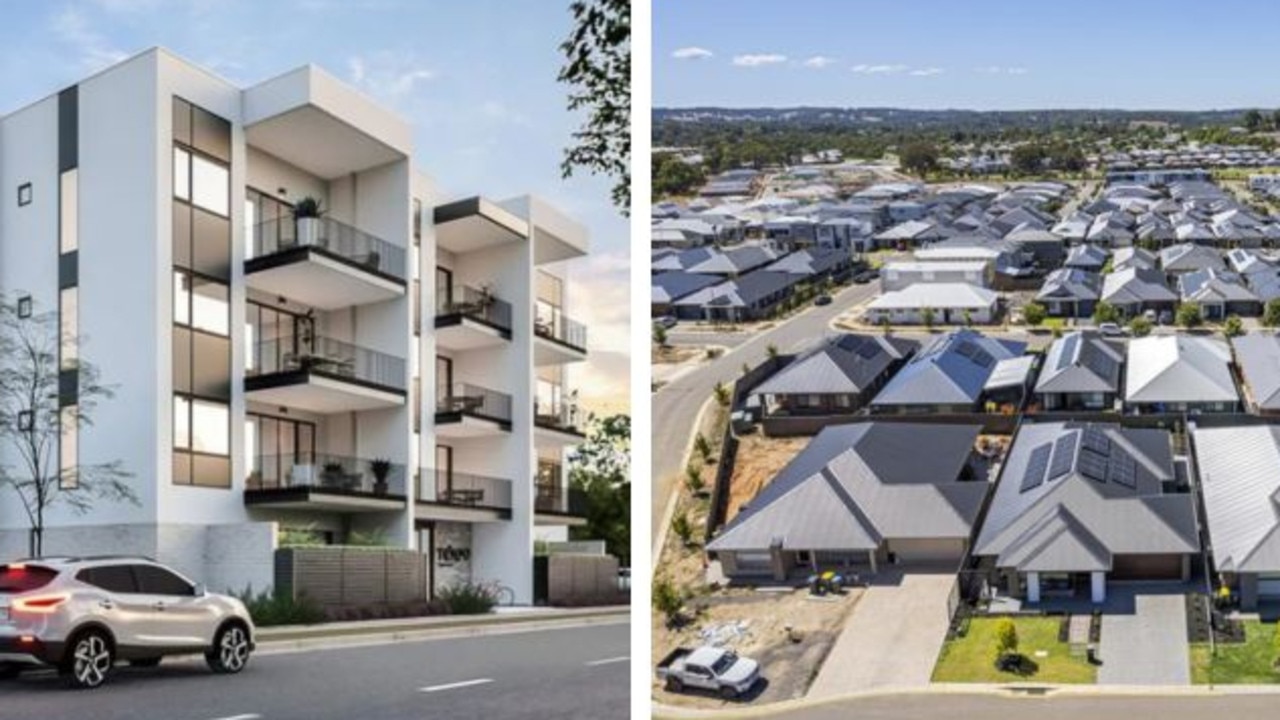Health experts’ warnings ahead of Sydney summer heat
A Sydney doctor is sounding the alarm on heat-related illnesses as the western suburbs brace for high temperatures this summer.
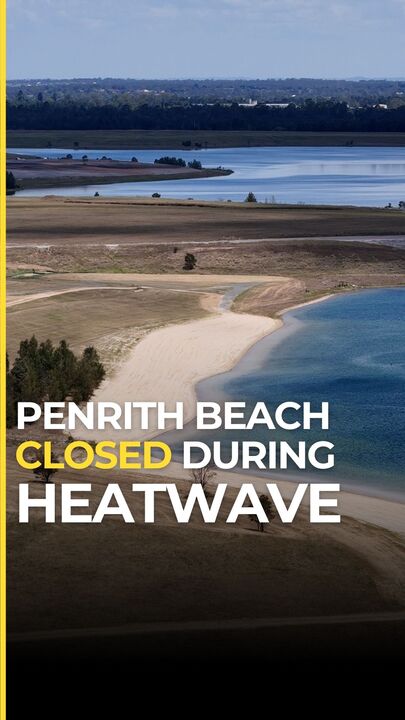
Penrith
Don't miss out on the headlines from Penrith. Followed categories will be added to My News.
A Sydney doctor is sounding the alarm on heat-related illnesses as the western suburbs brace for high temperatures this summer.
Riverstone general practitioner Kim Loo said she had seen an increase in the number of heat-related illnesses presenting in her surgery over the past years, and was bracing for more as summer hit.
“Heatwaves just make it harder for people to live, but especially for pregnant women who just suffer a little more,” Dr Loo said.
“Outdoor workers too, such as tradies, cops who are wearing heavy gear, they’re at risk for heat-related illnesses if they don’t get adequate time to take a break to drink.
“There are three ways you can die from heatwaves. You either have cardiovascular collapse, which is the most common one I see, heat stroke or renal failure.
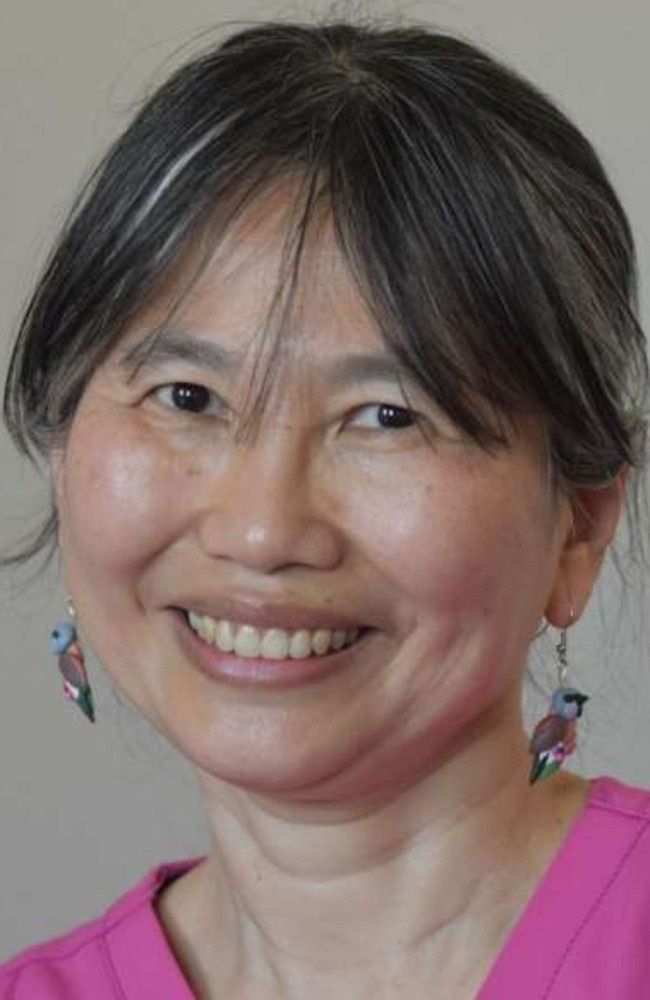
“A lot of communities don’t understand how dangerous heatwaves are. I’ve had one patient where I put a heatwave on his death certificate, because it was definitely three days of hot days where he died.”
Her warning follows residents of Penrith and Blacktown struggling through some of the hottest temperatures in Sydney this week, with the former reaching searing temperatures of 39 degrees.
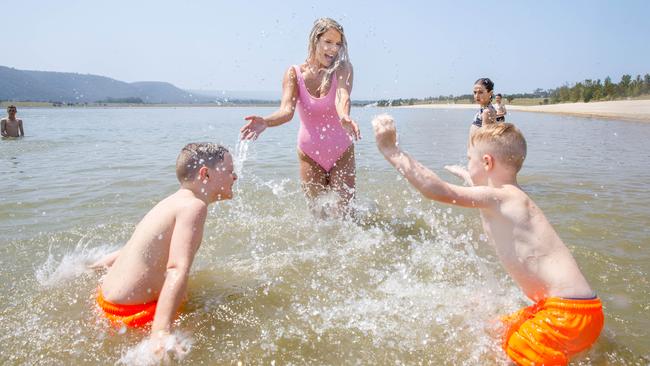
Earlier this week, The Daily Telegraph revealed one of Penrith’s newest swimming spots Penrith Beach — affectionately known as Pondi — would not be open to the public as they battled through the heatwave.
For those without a pool or unable to trek to Sydney’s beaches, Dr Loo’s tips for staying cool when the heat turns up include making a heat plan, staying hydrated and going to places with airconditioning.
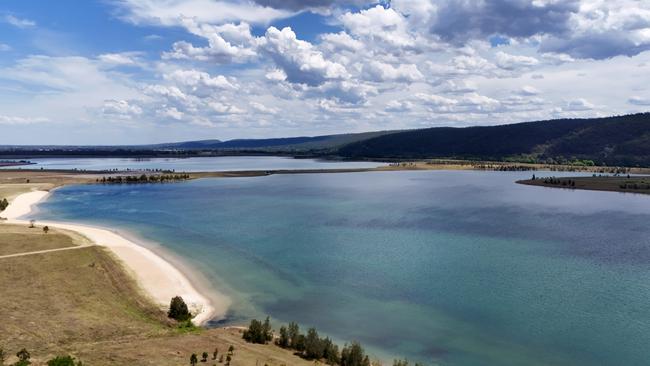
“I ask every one of my patients if they’ve got a room to keep cool and prep one for that purpose,” she said.
“You can do things like stick ice bricks, bottles of water, even wet towels into the freezer or in the fridge.
“Make sure you have an Esky that you keep cold things in just in case there’s a blackout, and make sure everything is charged like your phones so that way you can still call for help during a blackout.
“Stick to cold food and, if you don’t have airconditioning, see if family or friends have one where they can keep cool during the day.”
’Headache, dizziness, nausea and vomiting, fatigue and cramps’
NSW Health director of environmental health Stephen Conaty highlighted the importance of recognising symptoms of heat-related illnesses.
“(The signs) can include headache, dizziness, nausea and vomiting, fatigue and cramps,” Dr Conaty said in a statement.
“People with these symptoms should move out of the sun and seek shade or use a fan or airconditioning, take a cool shower or bath if possible and take sips of water.
“It’s also important to check in on more vulnerable neighbours, friends and family to ensure they are OK.
“This is especially true for children and the elderly who feel the heat more.”
First aid provider St John Ambulance recently released data showing a 46 per cent spike of heat-related illnesses in NSW over the last 12 months.
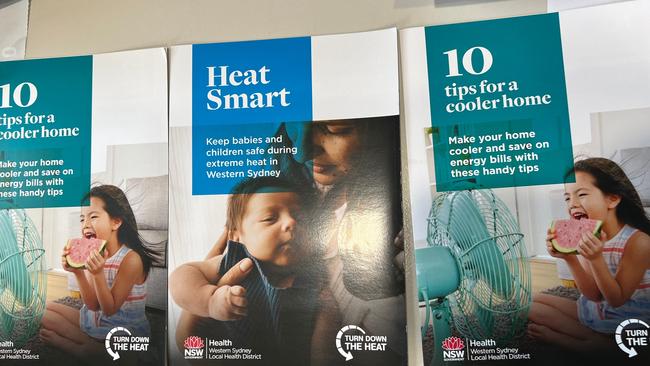
In addition to the NSW spike, St John Ambulance recorded a 114 per cent increase in first aid treatments at the recent Electric Storm festival in Darwin, while in Western Australia three out of four people presenting heat-related illnesses were women.
Elsewhere, Victoria recorded its largest number of first aid tent visits per event from December 2023 to March 2024.
The data states a festival-goer can lose up to one litre of sweat per hour, on average, from dancing which can lead to dehydration.
The first aid provider recommends those attending festivals or sporting events during the summer drink lots of water and hydrolyte drinks.
St John Ambulance event commander Simon Frost warned of the dangers of not being hydrated during the hot months.
“These insights reveal we’re a dehydrated nation and, with the hottest months coinciding with festival season, it’s crucial for Australians to be mindful of their hydration,” Mr Frost said.
“Dehydration can strike quickly, especially at festivals where people are sweating more heavily from dancing in the sun.
“Staying proactive with proper hydration can prevent severe health risks and keep the good times rolling.”
Councils’ advice to residents as scorchers persist
Starting from this Sunday, December 1, the Penrith and Blacktown areas are expected to hit the early to mid-30 degree marks, with scattered showers throughout the week.
A Penrith Council spokesman said residents were advised to stay indoors and keep hydrated, especially on hot days, but those spending time outside could cool off in council libraries and leisure centres.
“Another option for the local community is going to public spaces like shopping centres or community clubs that are airconditioned,” he said.
When asked if discounts might be offered for the council’s leisure centres, Ripples in St Marys and Penrith, on extra hot days during the cost-of-living crisis, the spokesman said entry fees for the centres were “competitively priced”.
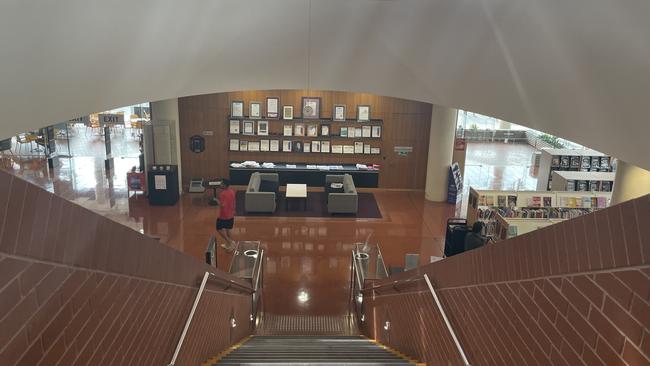
The centres offer a range of services, including lap swimming, a splash park and kids pools.
“With a range of entry options, a 10-visit swim pass or pool membership may be worthwhile for anyone who is looking to use the pools over multiple visits this summer,” he said.
“Residents who have the Fitness Passport can also take advantage of the pools too.”
Residents were also encouraged to keep an eye on their vulnerable neighbours during the hot weather.
Blacktown City Council urged residents to take shelter from the heat in their libraries, and have extended the hours at council-owned splash parks from November 26 until February 28, 2025.
The splash parks new hours will be from 9am to 6.30pm daily, with the council reminding parents they should still supervise their children when in or around water.



